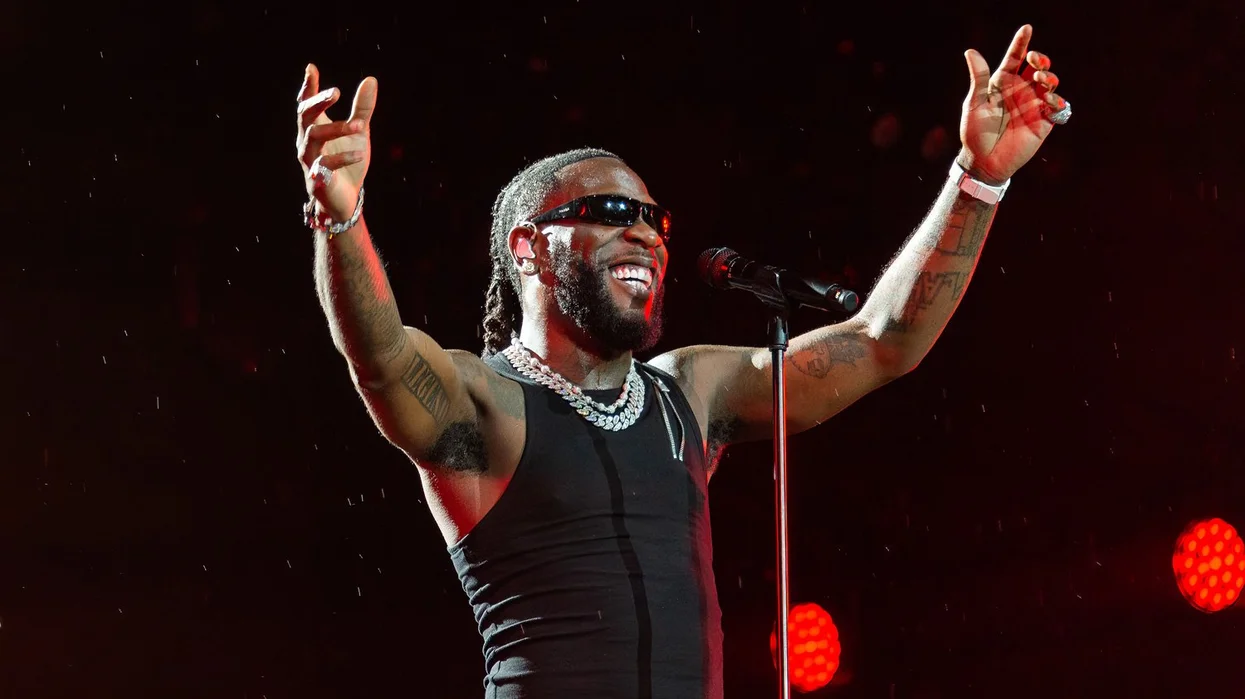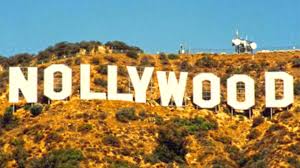
Spotlight on Nollywood and Nigeria’s Flourishing Entertainment Industry
Nigeria’s entertainment sector, especially Nollywood, has rapidly gained international attention as one of the world’s most dynamic film and music industries. It ranks as the second largest film producer globally, trailing only Bollywood, and surpassing even Hollywood in the number of films produced yearly. This article delves into the rise of Nigeria’s entertainment industry, profiles key personalities in film, music, and fashion, and highlights how Nigeria’s stars are leaving an indelible mark on both local and global platforms.
—
Table of Contents
1. Introduction to Nigeria’s Entertainment Industry
2. Nollywood: The Heart of African Cinema
3. The Evolution of Nigerian Music: From Afrobeats to Global Recognition
4. Nigeria’s Fashion Industry: Showcasing African Creativity
5. Comedians and Social Media Influencers Leading the Charge
6. Key Personalities and Rising Stars in Nigeria’s Entertainment Scene
7. Conclusion: Nigeria’s Global Cultural Influence
—
1. Introduction to Nigeria’s Entertainment Industry
The Nigerian entertainment industry spans an array of creative domains—film, music, fashion, and comedy—contributing significantly to Nigeria’s economy and cultural identity. As of 2020, the sector was estimated to contribute over $7 billion to Nigeria’s GDP, according to PwC. Aided by increased investment and a growing middle class, Nigerian creatives now enjoy extensive reach and opportunities to collaborate with global brands and media networks.
2. Nollywood: The Heart of African Cinema
Nollywood, Nigeria’s film industry, emerged in the 1990s with films produced for the home video market. Unlike traditional movie industries, Nollywood’s low-budget films are often shot in a matter of days, a practice that enabled rapid content production. Today, it produces over 2,500 films annually, many of which are now celebrated in international film festivals, streamed globally on platforms like Netflix, and recognized for tackling social and political themes.
Notable Nollywood Figures:
– Genevieve Nnaji: An iconic actress and filmmaker, Nnaji’s directorial debut, *Lionheart*, became the first Netflix Original from Nigeria. She has used her platform to advocate for better industry standards and has become a global ambassador for Nollywood.
– Kunle Afolayan: Known for high-quality productions such as *The Figurine* and *October 1*, Afolayan’s films have garnered critical acclaim for pushing boundaries in cinematography and storytelling.
3. The Evolution of Nigerian Music: From Afrobeats to Global Recognition
Nigeria’s music industry has grown from local rhythms and Afrobeats to a sound that resonates worldwide. Artists like Wizkid, Burna Boy, and Davido have achieved international success, winning Grammy awards and performing in sold-out global venues. Afrobeats, a genre blending West African music with jazz, funk, and R&B, is now mainstream worldwide, with global superstars collaborating with Nigerian artists.
Notable Nigerian Musicians:
– Wizkid: Known for hit songs like *Ojuelegba* and his collaboration with Drake on *One Dance*, Wizkid became the first African artist to sell out London’s O2 Arena multiple times.
– Burna Boy: Dubbed the “African Giant,” Burna Boy’s album *Twice as Tall* won a Grammy, solidifying his influence on the global stage.
– Tiwa Savage: Often referred to as the Queen of Afrobeats, Tiwa Savage has collaborated with international artists, including Beyoncé, and has broken boundaries for female artists in Africa.
4. Nigeria’s Fashion Industry: Showcasing African Creativity
Nigerian designers are taking the global fashion world by storm, often inspired by traditional patterns, textiles, and colors from African heritage. The industry includes events like Lagos Fashion Week, showcasing designers such as Lisa Folawiyo and Deola Sagoe, who have transformed African aesthetics into high fashion.
Key Nigerian Fashion Icons:
– Deola Sagoe: Known for her luxurious African couture, Sagoe’s designs are a celebration of African textiles, modern fashion, and intricate patterns.
– Lisa Folawiyo: Creator of her own textile patterns, Folawiyo’s designs have been worn by celebrities around the world and featured in major fashion magazines.
5. Comedians and Social Media Influencers Leading the Charge
Comedy has become another booming segment in Nigeria’s entertainment sector, with comedians using social media platforms like Instagram and YouTube to gain immense popularity. Nigerian comedians are known for their witty takes on everyday life and social issues, making them relatable to both local and international audiences.
Popular Nigerian Comedians:
– Basketmouth: Known for his unique humor and international tours, Basketmouth has a solid fan base that spans continents.
– Bovi: Another prominent figure in Nigerian comedy, Bovi’s skits and live performances address contemporary issues with humor and satire.
Social media has been instrumental in these comedians’ rise, allowing them to reach audiences far beyond Nigeria’s borders.
6. Key Personalities and Rising Stars in Nigeria’s Entertainment Scene
Nigeria is home to a wealth of talent shaping the future of African culture on the world stage. Here are a few stars making waves internationally:
– Tems (Singer/Songwriter): With her soulful voice, Tems collaborated with Drake and Wizkid, gaining global attention. She’s also been recognized at major music awards, representing a new wave of Nigerian artists.
– Rema (Singer): Known for his distinctive style that fuses Afrobeats with trap, Rema’s *Dumebi* has millions of streams and is popular across continents.
– Funke Akindele (Actress/Producer): Akindele’s role in *Jenifa’s Diary* made her a household name, and she’s continued to produce films that celebrate Nigerian culture.
7. Conclusion: Nigeria’s Global Cultural Influence
The Nigerian entertainment industry is a dynamic and influential force, reshaping Africa’s global image through innovative storytelling, vibrant music, and world-class talent. As Nollywood films, Afrobeats, and Nigerian fashion continue to make waves internationally, Nigeria’s influence is set to grow further. This transformation not only highlights the power of Nigerian culture but also reinforces Africa’s place in the global entertainment landscape.



